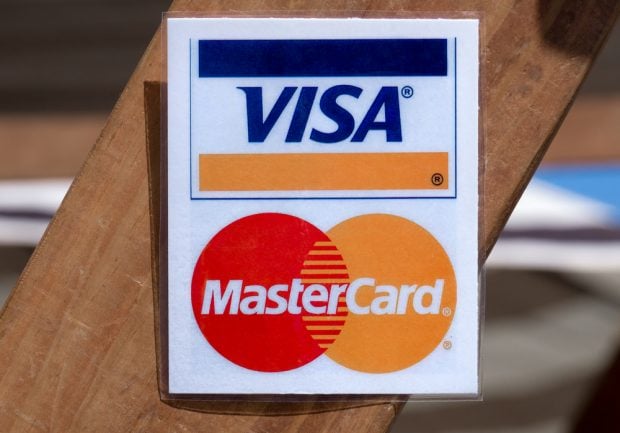As the payment industry begins to move toward replacing magnetic stripe cards with cards that use embedded smart chips, credit unions and other card issuers will have to eventually decide whether they will issue cards that use personal identification numbers or signatures to validate transactions.
This is a debate unique to U.S. financial institutions. Other nations that have moved to the chip cards have payment industries that have adopted PIN platform validation.
But the situation in the U.S. is different in that the payment industry here is technically sophisticated enough that it can provide online confirmation of embedded-chip data and thus validate card transactions in real time. This significantly undercuts the advantage of using a PIN to prevent fraud and makes PINs seem less necessary, as one recent white paper on the topic described it.
Complete your profile to continue reading and get FREE access to CUTimes.com, part of your ALM digital membership.
Your access to unlimited CUTimes.com content isn’t changing.
Once you are an ALM digital member, you’ll receive:
- Critical CUTimes.com information including comprehensive product and service provider listings via the Marketplace Directory, CU Careers, resources from industry leaders, webcasts, and breaking news, analysis and more with our informative Newsletters.
- Exclusive discounts on ALM and CU Times events.
- Access to other award-winning ALM websites including Law.com and GlobeSt.com.
Already have an account? Sign In
© 2024 ALM Global, LLC, All Rights Reserved. Request academic re-use from www.copyright.com. All other uses, submit a request to [email protected]. For more information visit Asset & Logo Licensing.









